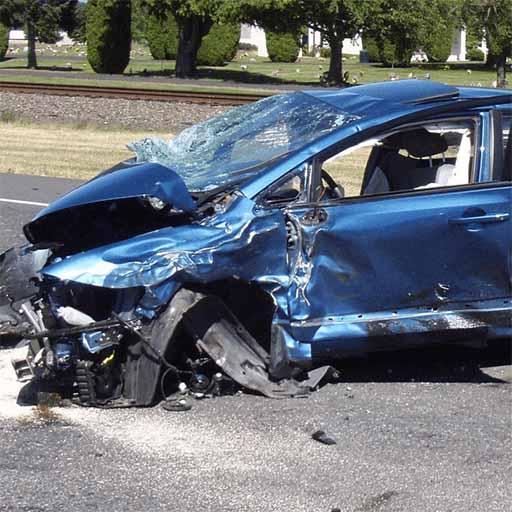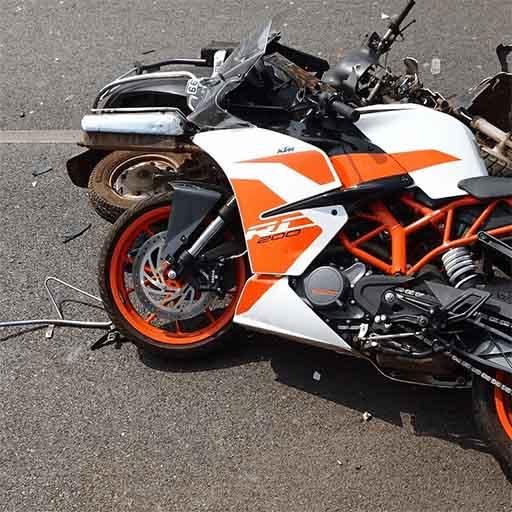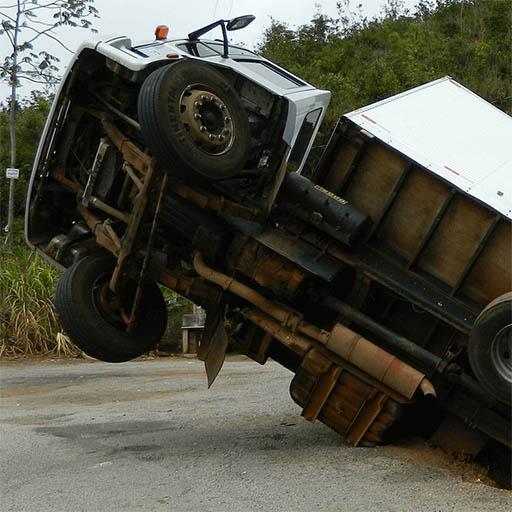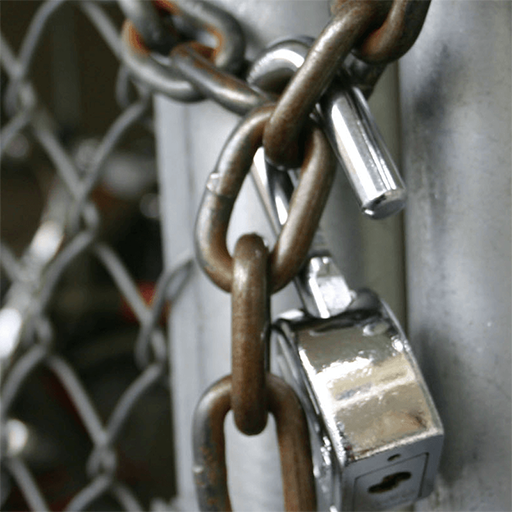What to Expect From Florida's New No-Fault (PIP) Law
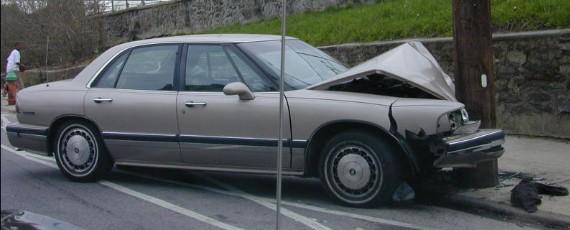
Everything you need to know about Florida’s No-Fault Law, in one place.
Why Should My Auto Insurance Pay for My Medical Bills in Florida When I Wasn’t at Fault?
The premise behind the no fault system was to make sure that responsible drivers who paid for and kept mandatory insurance would not be left hung out to dry if they were the victim of an automobile accident when the at-fault party was driving uninsured. Without PIP or private health insurance, the victim of that accident could be left with a mountain of medical debt.
Won’t My Auto Insurance Rates Go Up If My Insurance Company Pays for My Medical Expenses in Florida?
Insurance rates go up in Florida almost every year. Each company cites their own reasons for rate increases. Most insurance companies will tell you that your insurance rates will not go up for a PIP claim if you were not at fault for the accident. However, there is no law preventing insurance companies from raising your rates for a PIP claim, even if you were not at fault. If your insurance rates go up after being involved in an accident for which you were not at fault, I recommend shopping around and getting quotes from other insurance carriers. From my experience, they will only ask you if you have been involved in an accident for which you were found to be at fault, and usually within a certain time period.
Is It True That I Only Have 14 Days to Get Treatment for an Accident in Florida Under the New (2013) Florida No-Fault (PIP) Law?
The short answer is yes, under the new law, in order to qualify for PIP coverage, you MUST seek medical attention within 14 days of an accident.
In 2012, the Florida legislature passed a new version of the PIP law (HB 119) by a narrow margin. The new law took effect on January 1, 2013, and in typical fashion, it did less to benefit consumers and more help the insurance industry. Prior to this change, there was no set time limit as long as your doctor could prove that the treatment was medically necessary and related to the accident.
Do I Still Have a Case If I Was the Victim of an Accident in Florida and Did Not Seek Treatment Within 14 Days?
The 14 day requirement to get treatment is only to determine whether your insurance company will be responsible a portion of your medical expenses. Assuming that the at-fault party has bodily injury coverage (BI) and accepts liability for the accident, you can still make a bodily injury claim. Not treating within the 14 day period will affect your case in that the at-fault party’s insurance company will assert their right to a PIP set off. This means that had you treated within 14 days, your insurance company would have paid money towards your medical bills for which they would have had no right to be reimbursed for. That amount of money will be deducted from whatever offer the at-fault carrier will make you for your case. This means that those outstanding medical expenses will need to be paid out of your settlement, thereby decreasing the amount of money you will net for the case.
Is It True That I Can No Longer Get Massage Therapy After an Accident in Florida?
The new (2013) Florida no-fault (PIP) law discriminates against massage therapists and acupuncturists by making their treatment no longer compensable under PIP. This does not mean that you cannot undergo these types of therapies for injuries you sustained in an accident. It does mean that you will either have to use your private health insurance or get reimbursed from the at-fault party’s insurance company (assuming they carry bodily injury coverage and accept liability) to pay for these therapies.
What Is an Emergency Medical Condition (EMC) Under the New Florida No Fault (PIP) Law?
The new (2013) Florida no-fault (PIP) law also creates a new condition that you must meet in order for your insurance company to pay out the full $10,000.00 under your policy. This condition requires you to be diagnosed as having an “emergency medical condition” or EMC for short.
EMC is defined in the statute as:“a medical condition manifesting itself by acute symptoms of sufficient severity, which may include severe pain, such that the absence of immediate medical attention could reasonably be expected to result in any of the following: serious jeopardy to patient health, serious impairment of bodily functions, serious dysfunction of any bodily organ or part.” This diagnosis has to be done by a medical doctor (MD), an osteopath (OD), a dentist (DMD), a physician’s assistant (PA), or a registered nurse practitioner (ARNP).
Can My Chiropractor Diagnose My Emergency Medical Condition (EMC) for PIP Purposes in Florida?
A Chiropractor cannot diagnose you with an EMC, but chiropractic care is still compensable under the law. This change in the law has forced chiropractors to work in conjunction with other licensed medical professionals who can diagnose you with an EMC. Again, an EMC diagnosis is only necessary if you want to have access to the full $10,000.00 in PIP benefits.
Why Is My Auto Insurance Capping My PIP Benefits at $2,500.00 in Florida?
The short answer is that you failed to be diagnosed as having an emergency medical condition (EMC) or that your insurance company disagrees with the physician who made your EMC diagnosis.
The new Florida no-fault (PIP) statute states that if you are diagnosed with EMC, they will pay up to full $10,000.00. However, the statute allows your insurance company to cap your PIP benefits at $2,500.00 if a medical professional authorized to make the EMC diagnosis “determines that the injured person did not have an emergency medical condition.”
What Happens If I Am Not Diagnosed with an Emergency Medical Condition (EMC) in Florida?
This is an issue that currently being litigated in the courts. What if there is not a determination at all by any doctor that you either did or did not have an emergency medical condition? Insurance companies are arguing that no EMC means you are capped at $2,500.00. Doctors are arguing that you can only be capped at $2,500.00 if you are determined not to have an EMC by a medical professional authorized to make the EMC diagnosis.
What Should I Do If My Auto Insurance Denies Payment of My Medical Bill Under the New Florida No-Fault (PIP) Law?
In most cases, during your first visit to a doctor after an accident, they will have you execute an assignment of benefits (AOB). This document transfers over your rights under your PIP claim as it pertains to the treatment provided by that particular physician. All that means is that your doctor will take over the responsibility to properly bill and collect payment from your insurance company. It also gives the medical provider the power to file a lawsuit against your insurance company if you they improperly deny payment of a bill.
Not all providers have you execute an AOB. These include your emergency room (ER) related expenses. In those situations, always provide these institutions with your private health insurance information (if any) and your auto insurance information.
What Should I do if I Have More Questions Pertaining to the New (2013) Florida No-Fault (PIP) Law?
If your auto insurance denies payment of your accident related medical bills, contact my office, Omar A. Cardenas, P.A., for a free consultation (855)OMAR-411. My office has many years of experience in the field of PIP suit litigation, ensuring that the insurance companies don’t get away with underpaying legitimate claims.
Share
Get your free consultation today.
Get on the road to recovery.
It all starts with your free case consultation. There's no cost or obligation.
